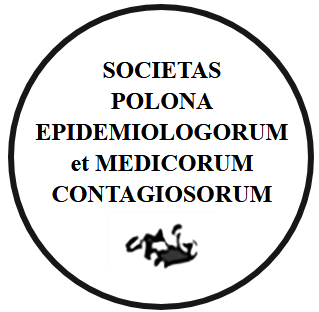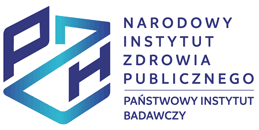RESEARCH PAPER
Systematic quality evaluation of mobile health applications using Selenium web scraping approach
1
Department of Community Medicine & Family Medicine, All India Institute of Medical Sciences, Gorakhpur, Uttar Pradesh, India
2
Implementation Research, Indian Council of Medical Research, Ansari Nagar, New Delhi, India
3
Civil Registration and Vital Statistics, Global Health Advocacy Incubator (GHAI), Washington, USA
4
Public health, University of Memphis School of Public Health, Memphis, United States
5
Department of Dentistry,, All India Institute of Medical Sciences, Gorakhpur, Uttar Pradesh, India
These authors had equal contribution to this work
Submission date: 2025-05-04
Final revision date: 2025-07-12
Acceptance date: 2025-07-25
Online publication date: 2025-08-05
Publication date: 2025-10-03
Corresponding author
U Venkatesh
Department of Community Medicine & Family Medicine,, All India Institute of Medical Sciences, Gorakhpur, Uttar Pradesh, 273008, India, India
Department of Community Medicine & Family Medicine,, All India Institute of Medical Sciences, Gorakhpur, Uttar Pradesh, 273008, India, India
Przegl Epidemiol 2025;79(2):291-299
KEYWORDS
TOPICS
ABSTRACT
Background: Mobile health applications have emerged as powerful tools for improving public health, but their rapid proliferation raises concerns regarding quality, effectiveness, and security. T Objective: This study aimed to systematically evaluate the quality of health applications on the Google Play Store in India, focusing on physical, mental, and social health domains. Material and methods: Python and Selenium-based web scraping approach was used to extracted data available from the Indian version of Google Play Store using domain-specific keywords. Applications were screened based on preset criteria. The Mobile App Development and Assessment Guide (MAG) was used to evaluate the application quality across eight domains. Kruskal Wallis test and partial least squares regression analysis was used for analysis. Results: From 866 applications, 322 met eligibility criteria (182 physical, 84 mental, 56 social health). Commercial organizations dominated development. Social health applications demonstrated higher download volumes and superior quality across multiple MAG domains, with higher overall scores (35.18 ± 12.05) compared to physical (26.95 ± 11.27) and mental health applications (26.25 ±1 1.62). Quality metrics influenced user ratings differently across health domains, with weak correlation between MAG scores and ratings for physical health applications. Conclusions: The study reveals significant variability in mHealth application quality, with concerning deficiencies in privacy and security. Findings highlight the need for enhanced regulatory oversight and quality standards in India's evolving digital health ecosystem.
FUNDING
This study was supported by the Indian Council of Medical Research (ICMR) under the Extramural Research Grant (Project No: Adhoc/191/2022/ SBHSR.), titled
"Evaluating the impact of digital Health Interventions to enhance physical and Mental wellbeing of individuals living in the urban poor settings of Gorakhpur”.
We process personal data collected when visiting the website. The function of obtaining information about users and their behavior is carried out by voluntarily entered information in forms and saving cookies in end devices. Data, including cookies, are used to provide services, improve the user experience and to analyze the traffic in accordance with the Privacy policy. Data are also collected and processed by Google Analytics tool (more).
You can change cookies settings in your browser. Restricted use of cookies in the browser configuration may affect some functionalities of the website.
You can change cookies settings in your browser. Restricted use of cookies in the browser configuration may affect some functionalities of the website.




